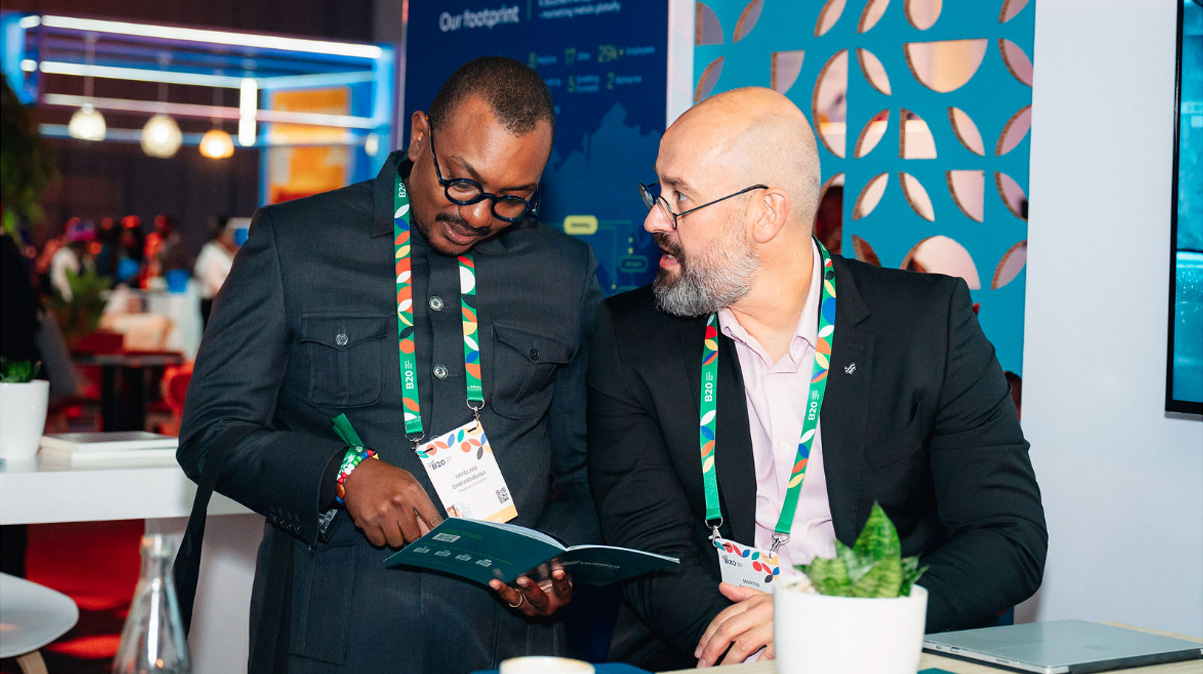Should BEE and affirmative action be scrapped?

VOICES
A cursory glance at the political landscape in South Africa can easily find those who still believe in the transformation project and strong anti-transformation forces that believe the country must scrap BEE and affirmative action. Given the recent collapse of the SAA deal with the Takatso Consortium, this strong lobby against BEE is now in overdrive with those who see state-owned enterprises (SOEs) as a failure of BEE and affirmative action. This right-wing agenda that South Africa’s economic problems can be solved by scrapping BEE and affirmative action is misleading and an egregious attempt to deflect from the real socioeconomic issues that face many citizens.
Why BEE still matters?
This week, the Financial Times’ David Pilling confirmed that this country is addressing its energy crisis that was previously diagnosed as a failure of the power utility and drag on the economy. However, we have seen green shoots and improvement after the removal of regulatory limits for private power generators to end Eskom’s monopoly in the electricity generation and transmission space. The liberalising of the electricity sector was boosted by the passing of the Electricity Regulation Amendment Bill this week in Parliament, which will bring about 10 gigawatts of cheap solar and wind power that will gradually come on stream to grow the green economy. However, the passing of the act that was championed by business has received muted response from those who believed the ruling party was not willing to implement structural reforms due to its ideological orientation towards privatisation and distrust of the private sector. This reform of the electricity sector will relieve demand on Eskom’s grid from private businesses that can now generate their own energy and increase the supply of power fed into the grid.
The key appointments of transformation executives of the calibre of Eskom’s Dan Marokane and Transnet’s Michelle Phillips are reason to be more bullish about the turnaround of SOEs that still need BEE and affirmative action. Transnet’s logistics challenges have negatively affected our economy and have been a drag on the country’s growth due to energy and logistics challenges for both the domestic and export sectors. These failures should prompt the implementation of proper governance and the appointment of competent transformational leaders in the private and public sectors to grow our economy.
Shared prosperity The growth of our economy is dependent on the success of our SOEs in playing their developmental role. BEE and affirmative action are critical components to solving the country’s challenges of chronic unemployment, power and water failures, corruption, crime, and the weakened economy after the elections. The anti-transformation lobby that advocates scrapping BEE and affirmative action simply wants to reverse the gains of the past 30 years and show that South Africa is a failed state which is more about electioneering. Granted, the biggest disagreement is about fixing the economy. The road to fixing Africa’s biggest economy does not lead to forgetting about economic transformation and getting rid of BEE, affirmative action and preferential procurement.
South Africa’s growth path needs to avoid populist policies by implementing the structural reforms needed to make it a more competitive and inclusive economy.
jobs to reduce poverty and inequality. Partners A global prosperity index recently published by Investec confirms that South Africa can only grow if we improve safety and security, living conditions, health, education and environment. Contrary to naysayers, the world sees South Africa as a country that is attractive in aspects such as personal freedom, governance, social capital, investment environment, enterprise conditions, infrastructure, market access and economic quality. The progress made by BEE and affirmative action cannot be scrapped due to failures of individuals as these policy instruments are similar to the UN sustainable development goals that promote, among other things, the important issue of creating decent work and economic growth that is needed for a society free of gender bias, racism and inequality. Our own government has already conceded to shortcomings in the past 30 years and it is incumbent on every South African to play their role in protecting the gains of our fledgling democracy and ensure we reduce the rate of corruption in society and improve good governance of our institutions. BEE and affirmative action should not be scrapped lest we forget about the challenges and progress we have made in the last three decades.- Shikwambana is a founder and CEO of Thandiso Advisory and former director of Brunswick










